NPR/TED Staff
Stories
-
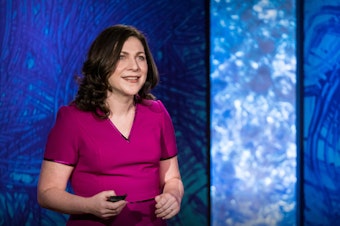
Health
Kimberly Noble: How Does Family Income Affect Child Brain Development?
At birth, babies' brains look pretty similar. But by age five, there are acute disparities in development. Through a series of studies, Kimberly Noble has found one major factor is family income.
-
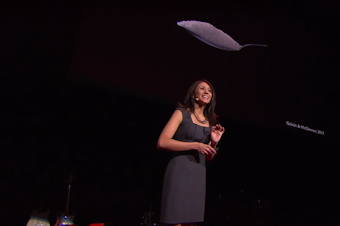
Health
Adriana Galván: How Does The Teenage Brain Make Decisions?
Teenagers often make risky choices that appear absurd in the eyes of their parents. But neuroscientist Adriana Galván says these decisions are critical for adolescent brain development.
-
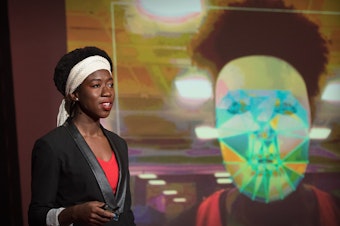
Science
Joy Buolamwini: How Do Biased Algorithms Damage Marginalized Communities?
Data, numbers, algorithms are supposed to be neutral ... right? Computer scientist Joy Buolamwini discusses the way biased algorithms can lead to real-world inequality.
-
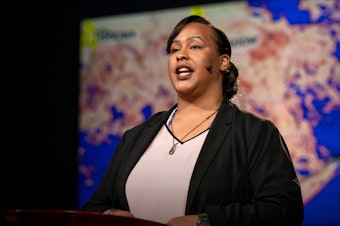
Environment
Colette Pichon Battle: How Can We Prepare For The Next Hurricane Katrina?
Sea level rise will displace millions by 2100 — and the Louisiana bayous, where Colette Pichon Battle lives, may disappear entirely. She describes how we can avert the worst when disaster strikes.
-
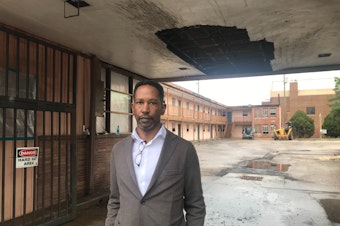
Race & Identity
Brent Leggs: How Can Seeing Black History As American History Begin To Make Amends?
How can we make amends for the atrocities of slavery and segregation? Historian and preservationist Brent Leggs discusses one step in confronting the past: preserving African American historic sites.
-
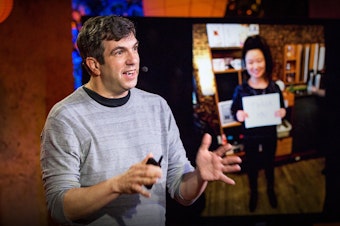
Arts & Life
A.J. Jacobs: What's The Power Of A Simple Thank-You?
When A.J. Jacobs set out to thank everyone who made his morning cup of coffee, he realized the chain of thank-you's was endless. This hour, Jacobs shares ideas on gratitude — and how to make it count.
-
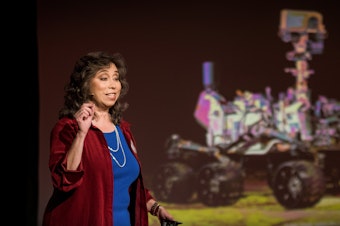
Science
Nagin Cox: What Does Time On Mars Teach Us About Time On Earth?
NASA engineer Nagin Cox lives on Earth but works on Mars time, where days are longer and time works differently. Her work with the rovers has entirely changed the way she thinks about time on Earth.
-
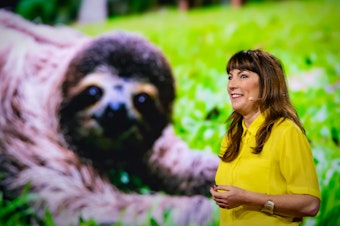
Science
Lucy Cooke: How Did Slowness Become The Sloth's Secret To Survival?
It's easy to see why sloths have become icons of laziness. But zoologist Lucy Cooke says behind their leisurely pace is a marvelous evolutionary advantage that is the secret to their survival.
-
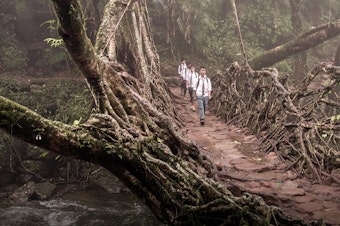
History
Julia Watson: What Can We Learn From Indigineous Design Developed Over Generations?
For generations, Indigenous people have used slow but sophisticated technology to build elaborate structures. Architect Julia Watson says their designs can guide our response to the climate crisis.
-
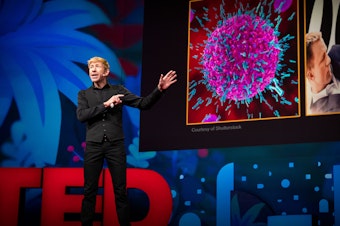
Science
Matthew Walker: Why Is It Essential To Make Time For Sleep?
Sleep is crucial for our health — and there are alarming consequences when we don't get enough. Matthew Walker explores the many benefits of a full night of sleep, and how to make sleep a priority.